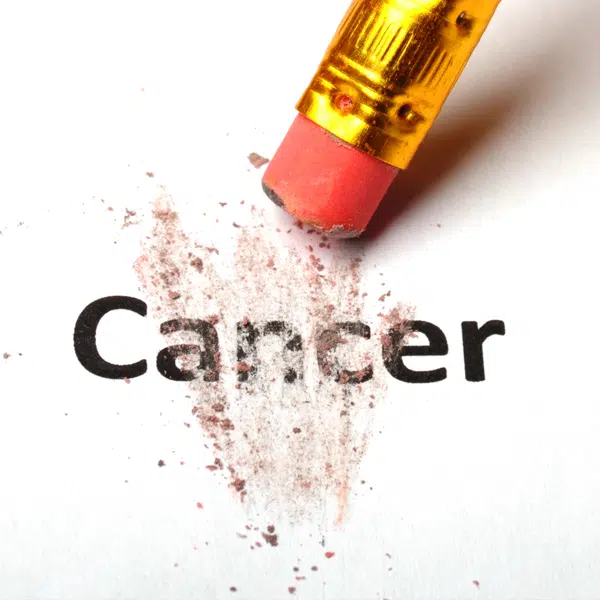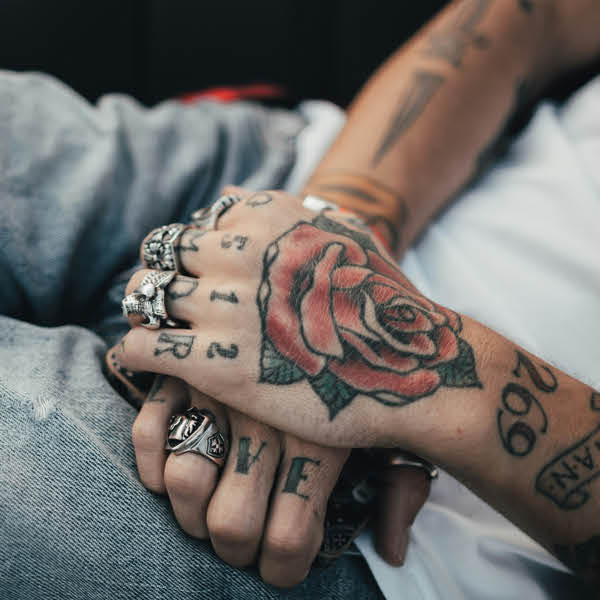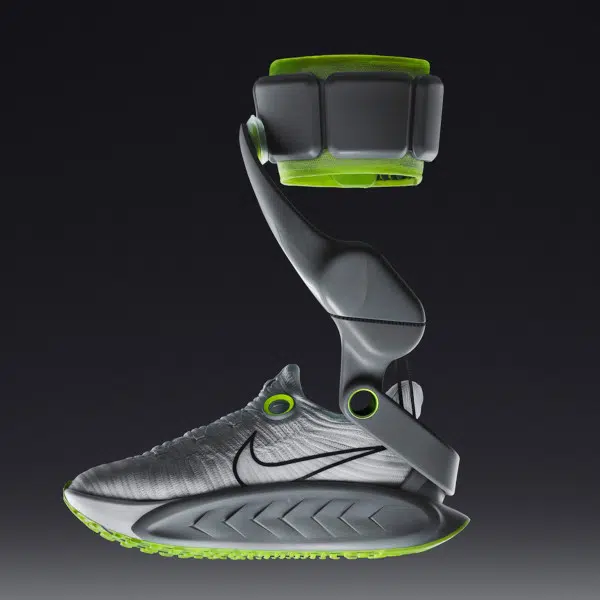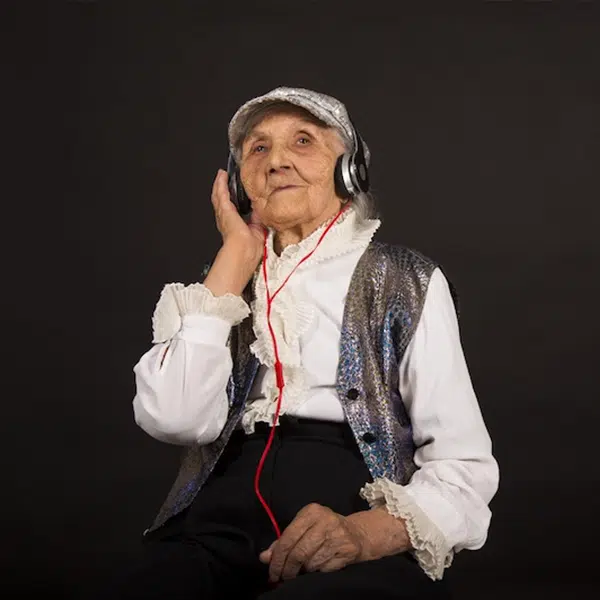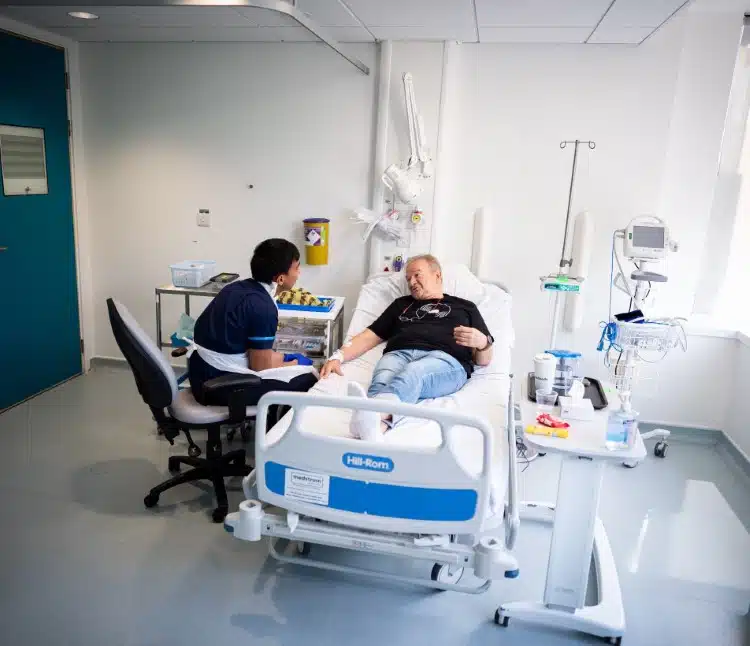
Senior research nurse Keenjee Nama with trial participant Janusz Racz (Photo: Aaron Chown/PA)
Lung cancer is the most common cancer worldwide, taking 1.8 million lives annually. Traditionally combated using surgery, radiation, and chemotherapy, survival rates have improved. But now, a new vaccine is looking to stop the cancer by harnessing the body's immune system. Trials for the world's first lung cancer vaccine have started in 34 research centers across seven countries.
The groundbreaking vaccine uses mRNA technology to combat the most common form of lung cancer—non-small cell lung cancer (NSCLC). Most of the world became familiar with mRNA vaccines during COVID-19, the first time mRNA vaccines were commercially developed. Now, there's great hope that mRNA cancer vaccines could provide an alternate treatment to eradicate cancer cells and keep them away for good.
The BNT116 vaccine, made by BioTech, works by injecting the body with messenger RNA that carries NSCLC tumor markers. This primes the immune system to view a particular protein expressed by NSCLC cancer cells as foreign so that the body attacks it from within the moment the protein is detected. This method is particularly favorable because it should also strengthen the patient's immune system.
“It’s simple to deliver, and you can select specific antigens in the cancer cell, and then you target them,” Professor Siow Ming Lee, a consultant medical oncologist at University College London Hospitals (UCLH), told The Guardian. “This technology is the next big phase of cancer treatment.”
The trials, which involve about 130 cancer patients, are taking place in the United States, United Kingdom, Germany, Hungary, Poland, Turkey, and Spain. BNT116 is one of about 60 mRNA cancer vaccines currently in trial, as the success of COVID-19 vaccines has brought a lot of attention and funding to this type of treatment.
In London, 67-year-old scientist Janusz Racz was the first person in the UK to receive the vaccine. According to The Guardian, he received six consecutive injections, five minutes apart over 30 minutes, that contained different RNA strands. He'll receive injections every week for six weeks and then every three weeks for 54 weeks. Racz, who was diagnosed with lung cancer in May, remains hopeful about the treatment.
“I thought it over and … decided to take part because I hope it will provide a defense against cancer cells,” he shares. “But I also thought that my participation in this research could help other people in the future and help this therapy become more widely available.
“As a scientist myself, I know that science can only advance if people agree to participate in programs like this.”
Lung cancer has long been a heartbreaking disease that has taken many lives, but now there's new hope.
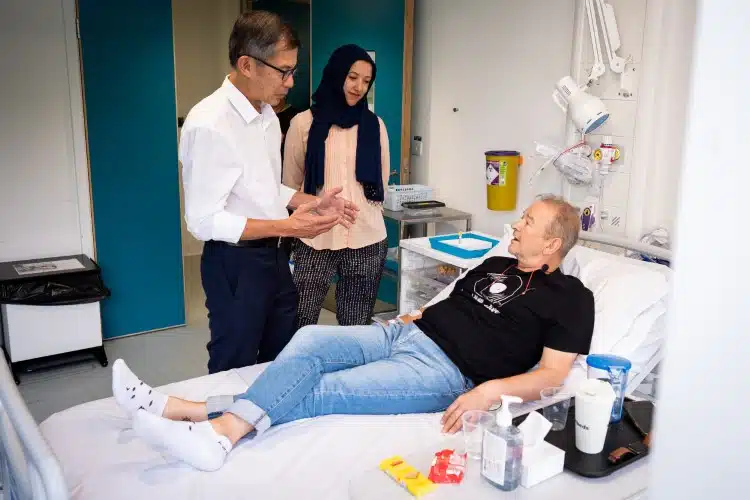
UCLH consultant medical oncologists Prof Siow-Ming Lee and Dr Sarah Benafif with trial participant Janusz Racz (Photo: Aaron Chown/PA)
Lung cancer vaccine trials have begun in seven countries.
h/t: [The Guardian]
Related Articles:
All Patients in This New Cancer Drug Study Are Now in Remission
Israeli Hospital Develops Blood Cancer Treatment With a 90% Success Rate
15-Year-Old Heman Bekele Named TIME’s Kid of the Year 2024 for Breakthrough Cancer-Curing Soap












































































